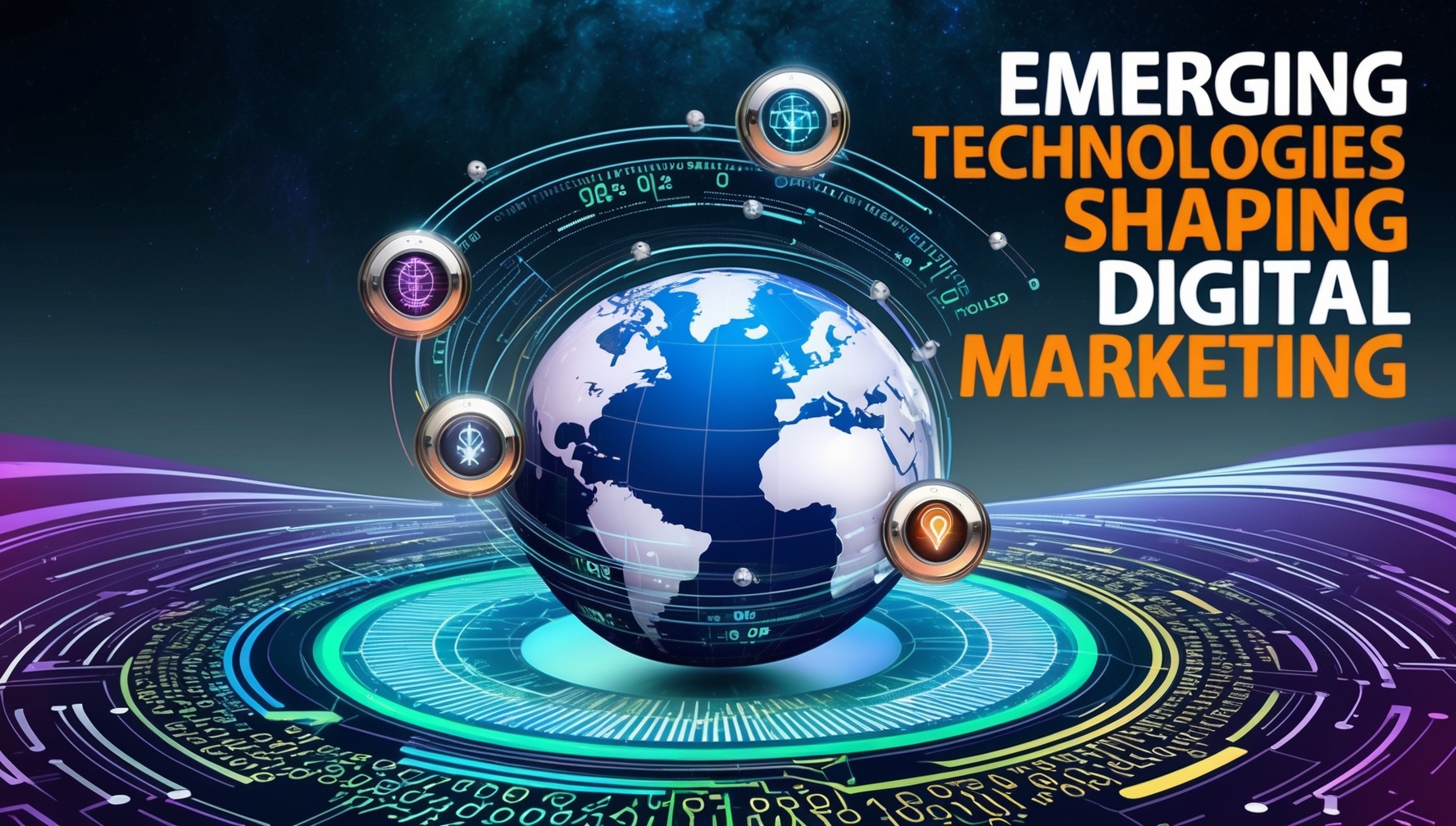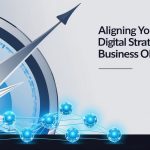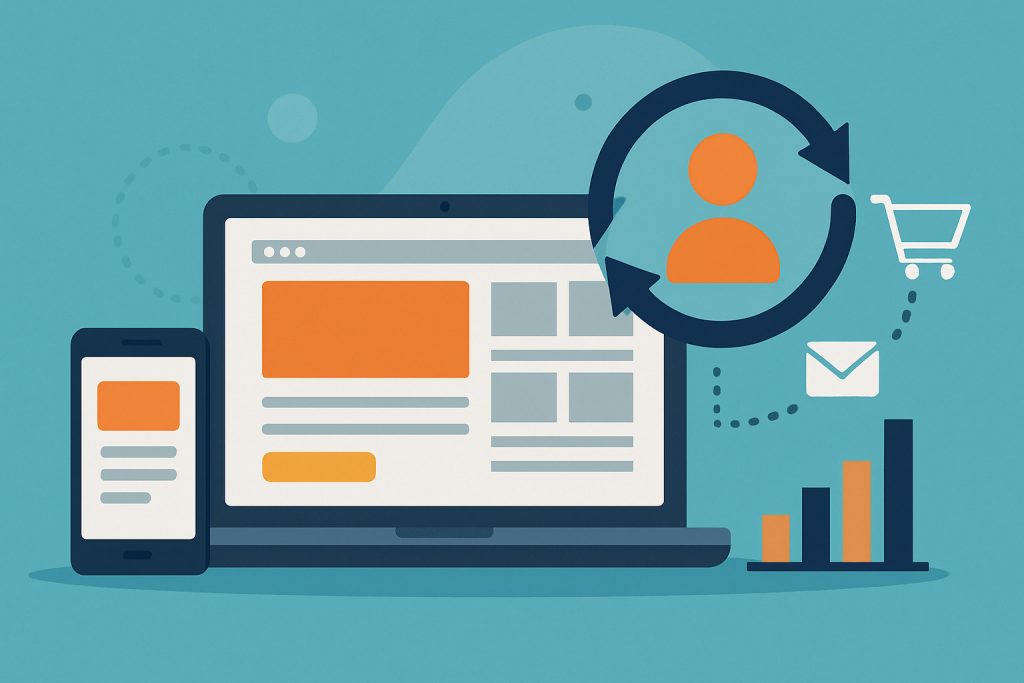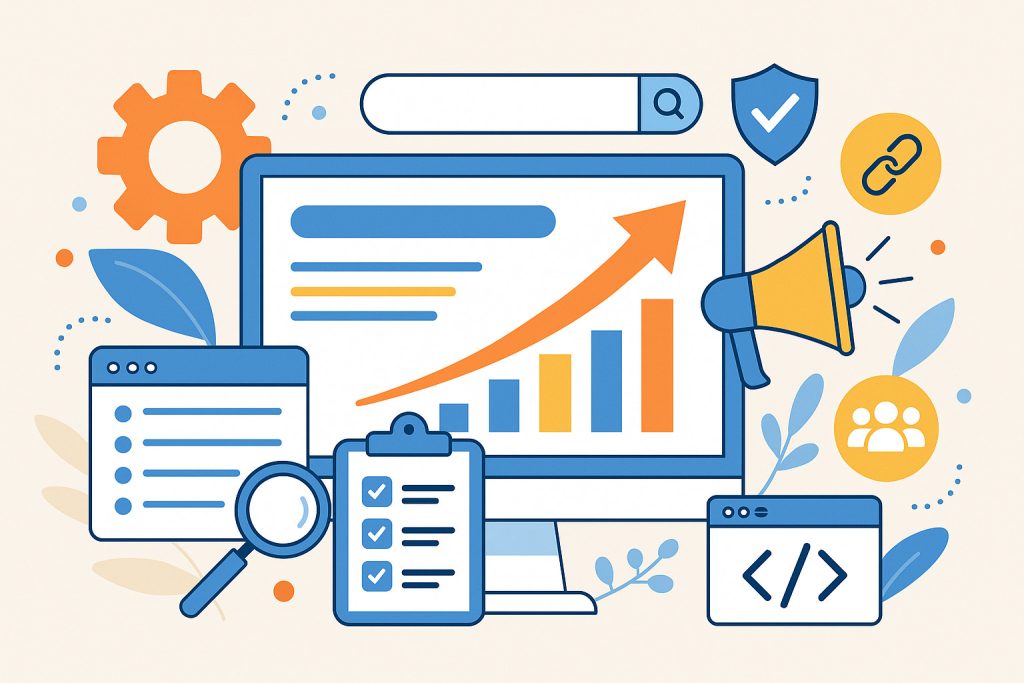As digital marketing continues to evolve, emerging technologies are playing a pivotal role in transforming how businesses connect with their audiences. These technologies offer new opportunities for engagement, personalization, and optimization, making it essential for marketers to stay ahead of the curve. Here’s a look at some of the most impactful emerging technologies shaping the future of digital marketing.
1. Artificial Intelligence (AI) and Machine Learning
AI and machine learning are revolutionizing digital marketing by enabling advanced data analysis, automation, and personalization.
- Predictive Analytics: AI can analyze historical data to predict future trends and customer behavior, allowing for more effective targeting and strategy adjustments.
- Chatbots and Virtual Assistants: These tools enhance customer service by providing instant responses and personalized assistance.
- Content Creation: AI-powered tools can generate content, optimize SEO, and tailor messaging based on audience preferences.
2. Augmented Reality (AR) and Virtual Reality (VR)
AR and VR are transforming customer experiences by providing immersive and interactive content.
- Virtual Try-Ons: AR allows customers to virtually try on products, such as clothing or accessories, enhancing the online shopping experience.
- Immersive Experiences: VR can create engaging and interactive experiences, such as virtual store tours or product demonstrations.
- Enhanced Visualization: AR can overlay digital information onto the real world, helping customers visualize products in their environment.
3. Voice Search and Voice Assistants
Voice search and voice assistants are changing how users interact with search engines and digital content.
- Voice Search Optimization: Marketers need to optimize content for voice search by focusing on natural language and long-tail keywords.
- Voice Commerce: Voice assistants can facilitate voice-activated shopping, providing a seamless and convenient purchasing experience.
- Personalized Recommendations: Voice assistants use AI to offer personalized product suggestions and tailored content based on user preferences.
4. Blockchain Technology
Blockchain technology is enhancing transparency, security, and trust in digital marketing.
- Ad Fraud Prevention: Blockchain can track and verify ad impressions, reducing the risk of fraud and ensuring accurate billing.
- Data Privacy: Blockchain offers a secure way to store and manage customer data, giving users greater control over their information.
- Smart Contracts: Automated contracts on the blockchain can streamline transactions and ensure compliance with agreed terms.
5. 5G Technology
5G technology is set to transform digital marketing by providing faster internet speeds and improved connectivity.
- Enhanced Mobile Experiences: 5G enables high-quality video streaming, faster load times, and more responsive mobile apps.
- Real-Time Data: Faster connectivity allows for real-time data processing and more dynamic, interactive content.
- IoT Integration: 5G supports the growth of Internet of Things (IoT) devices, offering new opportunities for data collection and personalized marketing.
6. Big Data and Analytics
Data analytics in digital marketing is crucial for understanding customer behavior and optimizing marketing strategies.
- Customer Insights: Analyzing large volumes of data helps identify trends, preferences, and behaviors, leading to more targeted marketing efforts.
- Campaign Optimization: Data-driven insights allow for real-time adjustments to campaigns for improved performance and ROI.
- Predictive Modeling: Advanced analytics can forecast future trends and customer needs, enabling proactive strategy development.
7. Internet of Things (IoT)
The IoT connects everyday devices to the internet, creating new opportunities for engagement and data collection.
- Smart Devices: IoT devices, such as smart speakers and wearables, offer new channels for reaching and interacting with customers.
- Behavior Tracking: IoT devices provide data on user habits and preferences, allowing for more personalized marketing.
- Interactive Experiences: Brands can create interactive and connected experiences through IoT-enabled products and services.
8. Programmatic Advertising
Programmatic advertising uses AI and automation to buy and sell ad space in real-time, optimizing ad targeting and placement.
- Real-Time Bidding: Programmatic advertising allows for automated bidding on ad inventory, ensuring efficient and cost-effective placements.
- Audience Targeting: AI-driven algorithms can target specific audiences based on behavior, demographics, and interests.
- Ad Personalization: Programmatic advertising enables personalized ad experiences, increasing relevance and engagement.
Conclusion
Emerging technologies are reshaping the digital marketing landscape, offering innovative ways to engage with audiences and optimize strategies. From AI and AR to blockchain and 5G, staying informed about these technologies and integrating them into your digital marketing efforts can provide a significant competitive advantage. Embracing these advancements and developing a digital strategy will help you create more personalized, efficient, and effective marketing campaigns.






